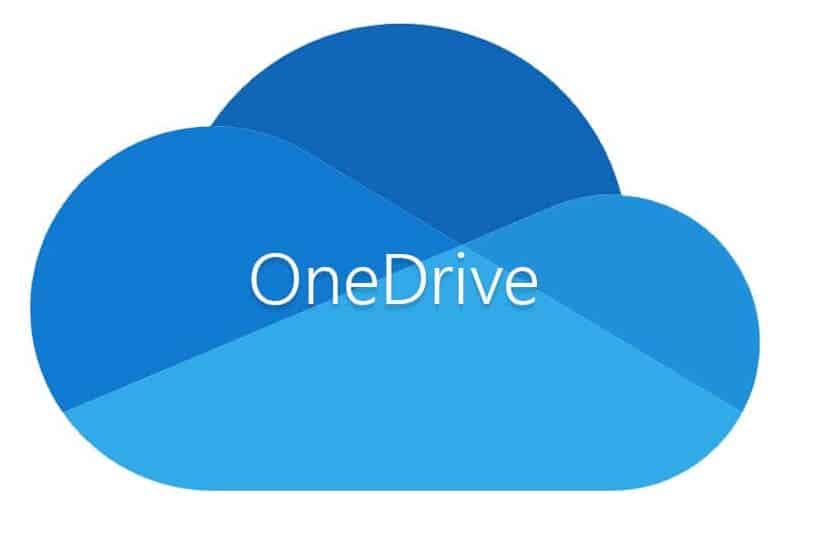Can’t Log in to OneDrive? The process of logging into your OneDrive account should be fast and straightforward. Unfortunately, the platform will occasionally claim it is signing you in, but nothing will happen. Alternatively, after entering your username and password, OneDrive returns you to a blank page. Let’s look at how you may fix this problem and get access to your account.
[lwptoc]
Why isn’t OneDrive allowing me to sign in?
If you’re having trouble logging into your OneDrive app, go towww.onedrive.live.com and see if you can log in there.
In addition, check the Office site to see whether Microsoft has recognized the login problem. Wait until the business has resolved the issue.
1. Examine Your Browser
If you’re having trouble logging into your OneDrive account through the web app, check sure it’s not your browser. Disable your extensions after clearing your cache, temporary files, and cookies. Also, don’t forget to upgrade your browser.
If you’re using a Chromium-based browser, for example, go to More options (the three dots), then History, Clear browsing data. Then, over the last four weeks, clear your cache, cookies, and temporary files. If the problem with logging in continues, select All time from the Time range drop-down menu.
After that, click on Extensions and disable all of your browser extensions manually. To check for updates, click to Help and select About. Finally, reinstall your browser or switch to a different web browser if the problem continues.
2. Clear Your Credentials
Check the results after deleting all of the OneDrive credentials saved by the Credential Manager. This method should fix the login problem if it occurs soon after changing your password.
1. Close OneDrive and navigate to the Control Panel.
2. Select Credential Manager from the User Accounts menu.
3. Next, select Windows Credentials.
4. Locate your OneDrive credentials by scrolling down (OneDrive Cached Credential).
5. Select each OneDrive entry and remove it one by one.
6. Restart OneDrive, check-in your username and password, and see whether the problem has been resolved.
3. Turn off any security software you have installed.
Disable your antivirus software if it is preventing you from logging into your OneDrive account. OneDrive may be erroneously identified as a danger by your antivirus software, causing it to be blocked. Your firewall and antimalware software are in the same boat.
Many Xfinity, Advanced Security customers have verified that this method worked for them. After logging in to OneDrive, remember to re-enable your antivirus.
4. Disconnect your computer
Check to see if unlinking your computer can help you fix the problem.
1. In the taskbar, click the OneDrive icon.
2. click the Account tab from the Settings menu.
3. Select Unlink this PC from the drop-down menu.
4. After that, restart the First Run Experience.
5. Choose a different folder for OneDrive to sync your data.
5. Reinstall OneDrive if necessary.
First, go to the Registry Editor and remove the OneDrive configuration folder. Then remove OneDrive and reinstall it from scratch.
1. In the Windows Search box, type Regedit and go to HKEY CURRENT USERSoftwareMicrosoft.
2. Select OneDrive from the Microsoft folder.
3. Select the folder and remove it using the right-click menu. Of course, you’re just removing the OneDrive setup folder, so don’t worry.
4. After that, go to Control Panel, select OneDrive, and click Uninstall. Uninstall-one drive-control-panel
5. Restart your PC, go to Microsoft’s official webpage and download OneDrive again.
6. Lastly, Install the app and check if you can log in to your account now.
Finaln Thought:
Clear your OneDrive credentials from Windows Credentials if you are unable to get into your OneDrive account. After that, disable off your antivirus and firewall. Finally, Solved Can’t Log in to OneDrive? So, unlink your computer from OneDrive and reinstall the program if the problem continues. Which of these methods assisted you in resolving the issue? Please let us know in the comments.
